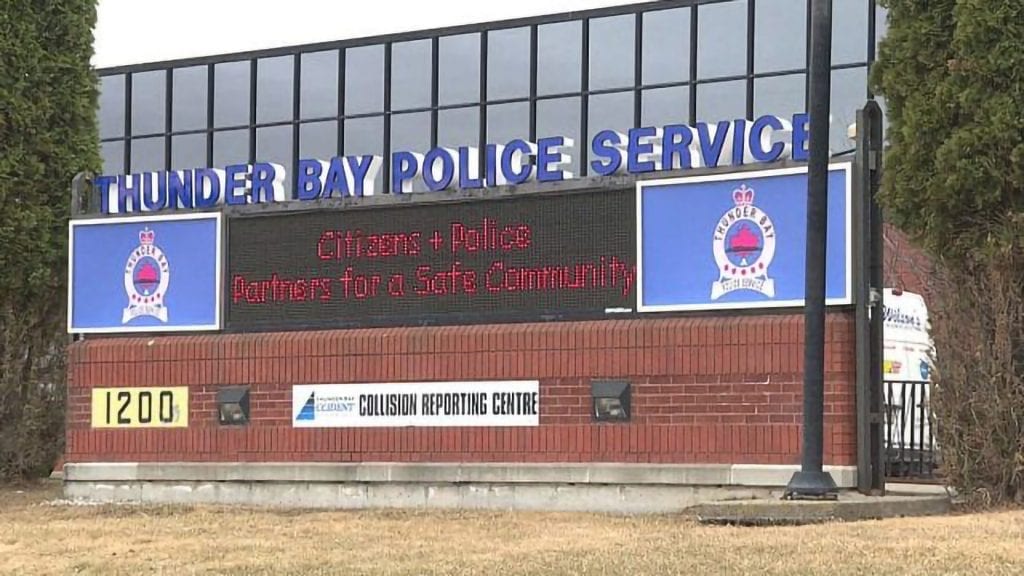
The presiding coroner for the upcoming inquest into the deaths of two First Nations men who died while in police custody must decide if a cell block video depicting one of the men being dragged by a Thunder Bay Police officer should be excluded as evidence from a pending coroner’s inquest.
Following a motion proceeding held virtually on Thursday, Jan. 14, Dr. David Cameron, presiding coroner for the inquest, heard lengthy submissions from legal counsel for Thunder Bay Chief of Police, the officers involved and from legal counsel representing the families of Don Mamakwa and Roland McKay.
Mamakwa, 44, died on Aug. 3, 2014, and McKay, 50, died on July 19, 2017. Both men were in police custody of the Thunder Bay Police Service at the time of their deaths.
The motion brought forward on Thursday was about excluding a video of Dino Kwandibens from Whitesand First Nation, who had been arrested by police for public intoxication on the same night Mamakwa had been brought into police custody who was later found dead in his cell in August 2014.
In the video surveillance footage, a Thunder Bay police officer is shown dragging Kwandibens by his feet into a cell at the police headquarters on Balmoral Street.
At one point, the officer can be heard telling Kwandibens “walk like a man, you’re drunk like a man so get up.”
Legal counsel for Thunder Bay Chief of Police, Holly Walbourne, argued on Thursday the footage depicting Kwandibens is irrelevant and “outside the scope” of the inquest, adding neither of the officers shown in the video clip with the exception of the jailer had interaction with Mamakwa.
She added the only connecting factor was that Kwandibens and Mamakwa were both arrested and in police custody on the same night.
A lawyer representing the three officers shown processing and interacting with Mamakwa prior to his death also argued the video was irrelevant and takes away from the primary focus of the inquest.
Lawyer to the coroner, Kate Forget, argued the disputed video is both relevant and admissible in the pending inquest of McKay and Mamakwa. She explained how similarities of both Mamakwa and Kwandibens were perceived and treated by police may have contributed to Mamakwa’s death and may also reveal systemic problems relevant to death prevention.
Lawyers Julian Falconer and Asha James who represented the families of McKay and Mamakwa also argued the video footage should be included at the inquest saying it could potentially assist a jury on how to address biases, racism and stereotyping of Indigenous people by police.
The hearing for the motion concluded on Thursday afternoon. Cameron stated he has “lots of homework to do” before coming to decision.
The purpose of an inquest is to inform the public of the circumstances of a death, implement any suggested recommendations, and prevent further deaths, according to the Ministry of the Solicitor General’s website.
Karen Edwards, Local Journalism Initiative Reporter










